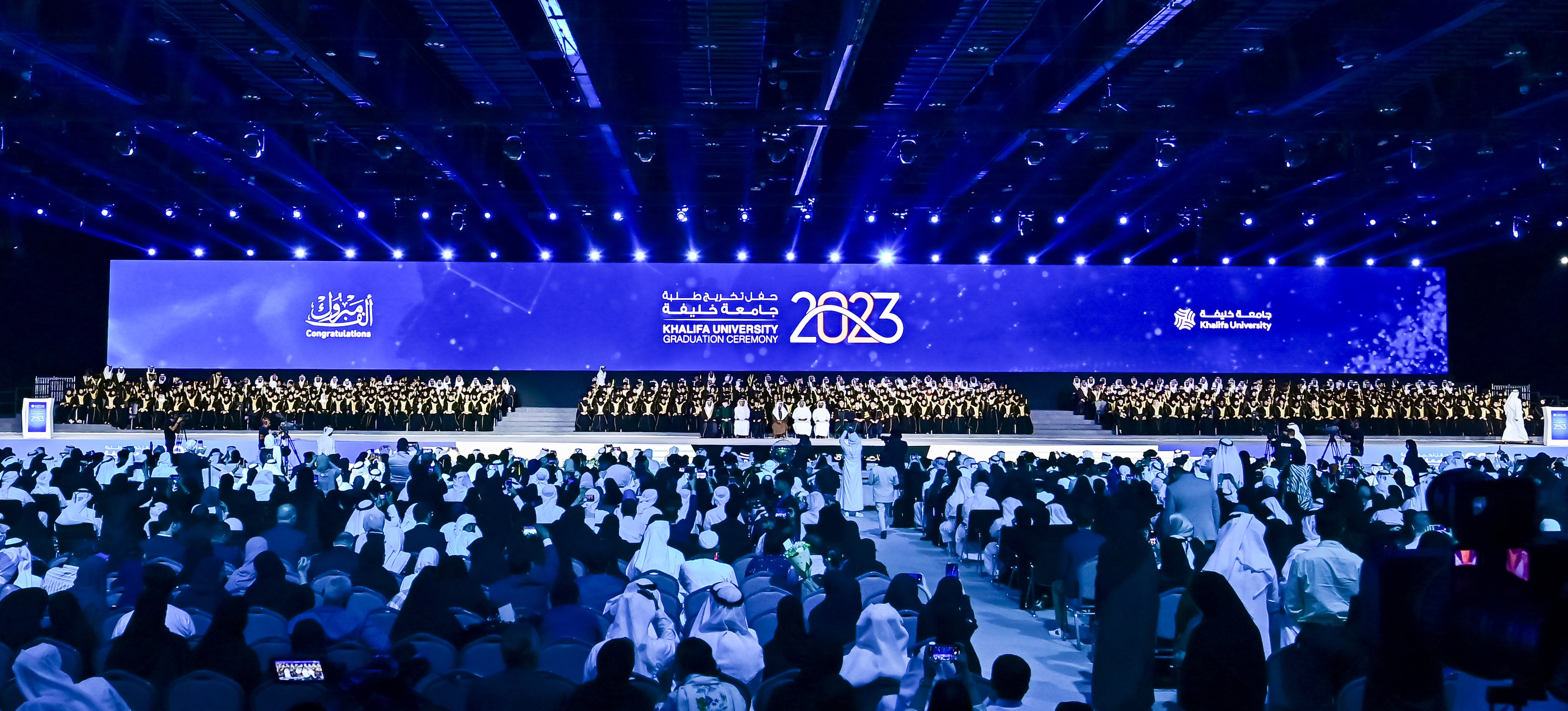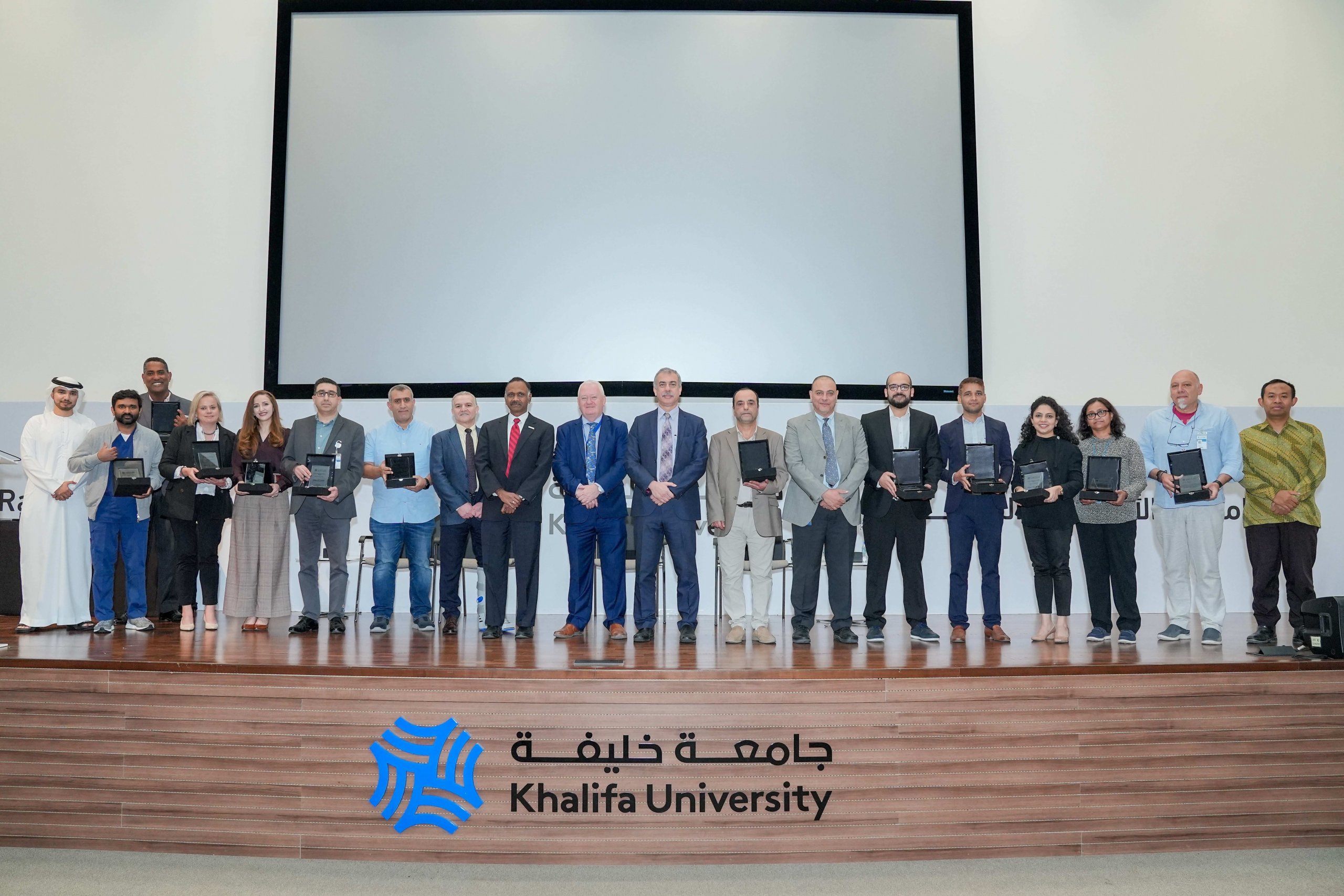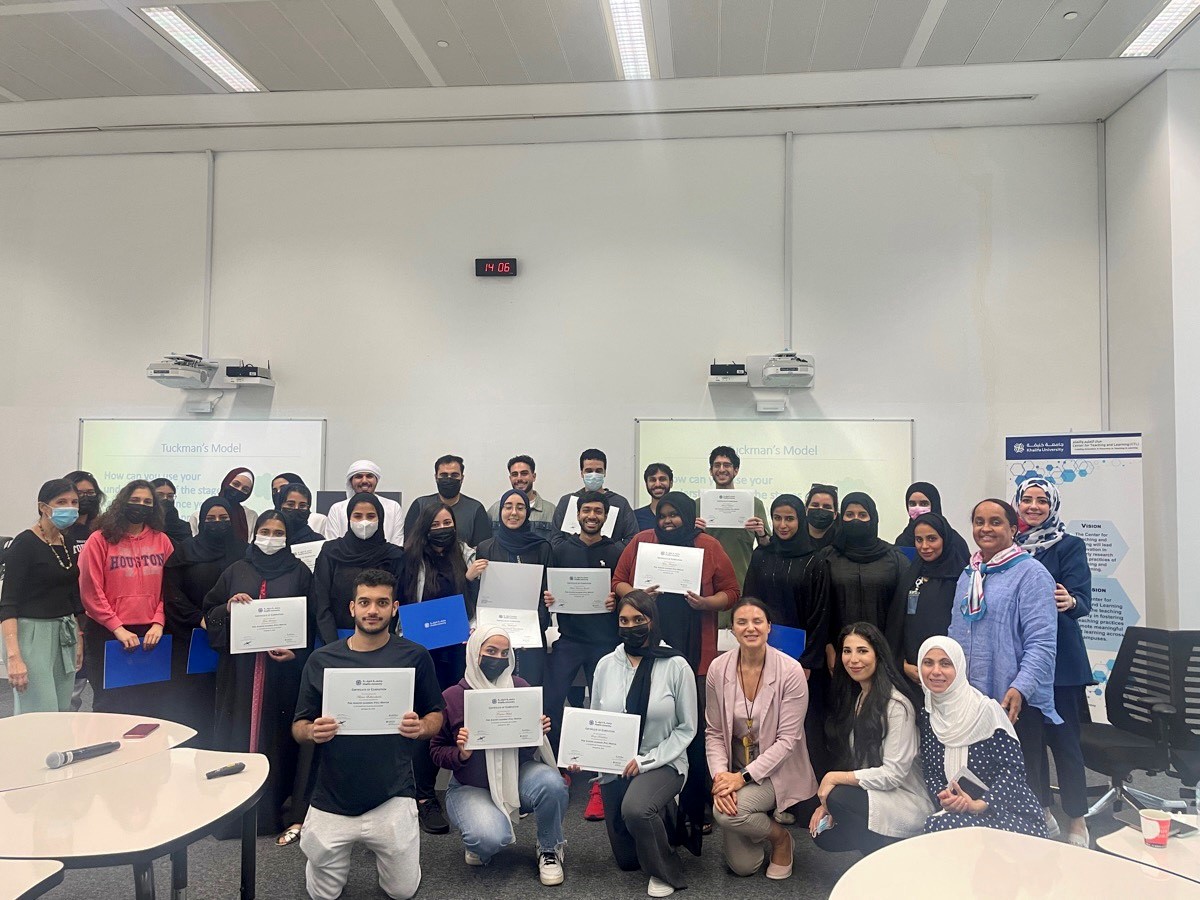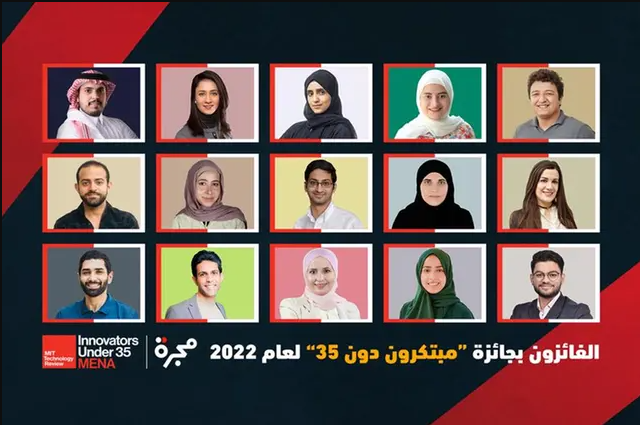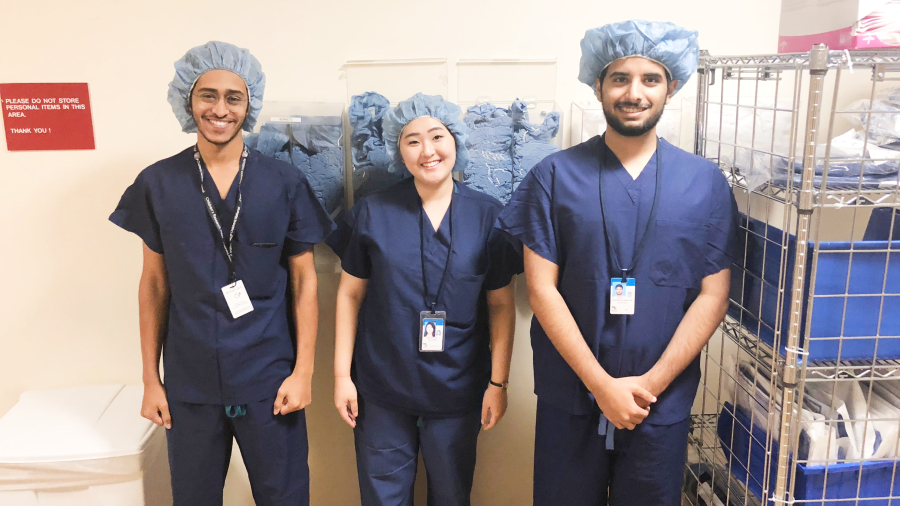
Apps developed during Eight-Week Internship at Children’s National Medical Center in Washington DC
Two of Bachelors of Computer Engineering students have successfully developed prototype apps for patient care as part of their internships at the Sheikh Zayed Institute (SZI) for Pediatric Surgical Innovation at the Children’s National Medical Center in the US.
The two apps – Online Treatment Recovery Assistant for Concussion in Kids (OnTRACK) and BearGenes – were developed by students Hazza Daiban and Mohammad Al Mansoori during their eight-week internship in Washington, DC. The students worked under the guidance of Kevin Cleary, PhD, Professor of Radiology, Surgery, and Pediatrics at George Washington University and leader of the Bioengineering Initiative at the Sheikh Zayed Institute. OnTRACK was developed with Gerry Gioia, PhD, Director, Safe Concussion Program, while BearGenes was developed with Natasha Shur, MD, and Marshall Summar, MD, from the Children’s National Rare Disease Institute.
Dr. Arif Sultan Al Hammadi, Executive Vice-President, Khalifa University of Science and Technology, said: “Our students are offered various channels including internships to demonstrate their creativity and make use of their knowledge for the benefit of the community. The patient care apps developed by the two Khalifa University students illustrate the learning and expertise they have gained in Abu Dhabi and the guidance they received while interning at the Sheikh Zayed Institute in Washington DC. We believe institutions such as the SZI offer our students the right platform to not only widen their knowledge horizon but also serve as an instrument to sharpen their skills in areas including healthcare.”
The OnTRACK mobile app prototype that Daiban worked on is intended to help in concussion management by using ecological momentary assessment (EMA) of symptoms and to prompt patient treatment strategies. It is designed to provide support for patients five years and older who are identified with concussion. The developers are keen to incorporate the feedback currently being received from end users.
The BearGenes mobile app prototype that Al Mansoori worked on is designed to provide a trusted educational and informative platform for the patients and the public about genetic counseling and genetic conditions. It also provides information on where to access genetic expertise, such as the Children’s National Rare Disease Institute. The team is planning to create a web version of the platform that will be linked with the mobile app. Videos and information are being created by Children’s National Rare Disease Institute and will be added to the mobile app prototype database. Once uploaded to Play Store and App Store, mobile devices with the app will be offered to interested patient families.
Research professor and engineer Dr. Kevin Cleary said: “It was a great pleasure to have Hazza and Mohammad as interns. They made a positive contribution to our institute and hospital and did an excellent job developing the prototype apps.”
Dr. Cleary leads SZI’s interdisciplinary bioengineering team and focuses on technology development for pediatric medicine, working with the clinical team and other colleagues at Children’s National.
In addition to creating the Sheikh Zayed Institute for Pediatric Surgical Innovation, the Children’s National Medical Center has also named its primary campus in downtown Washington DC, the Sheikh Zayed Campus for Advanced Pediatric Medicine.
Clarence Michael
News Writer
5 November 2018



